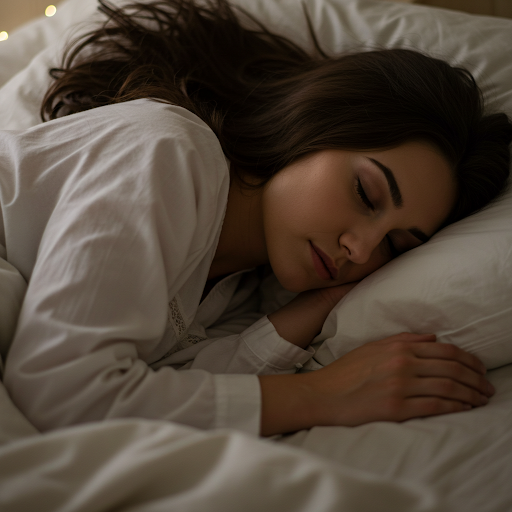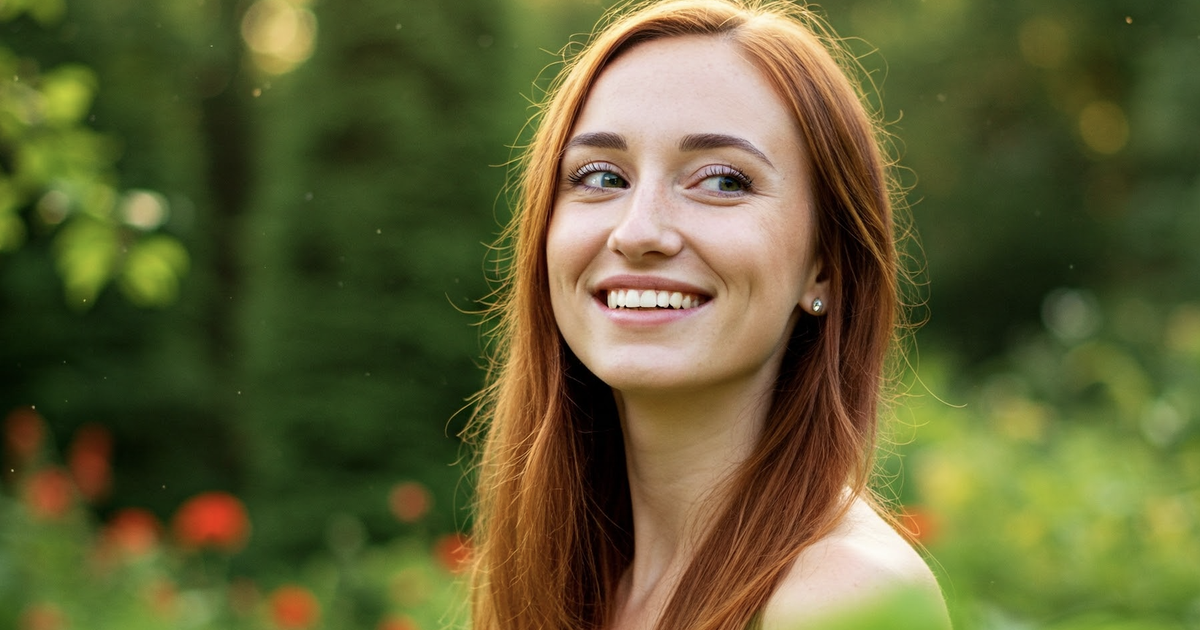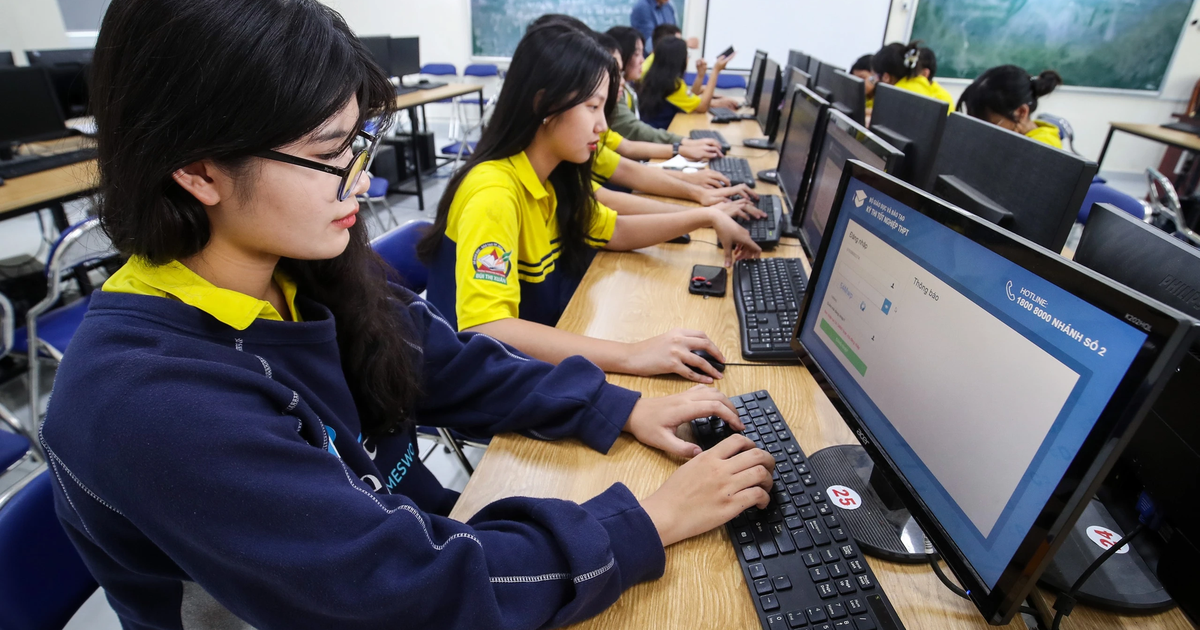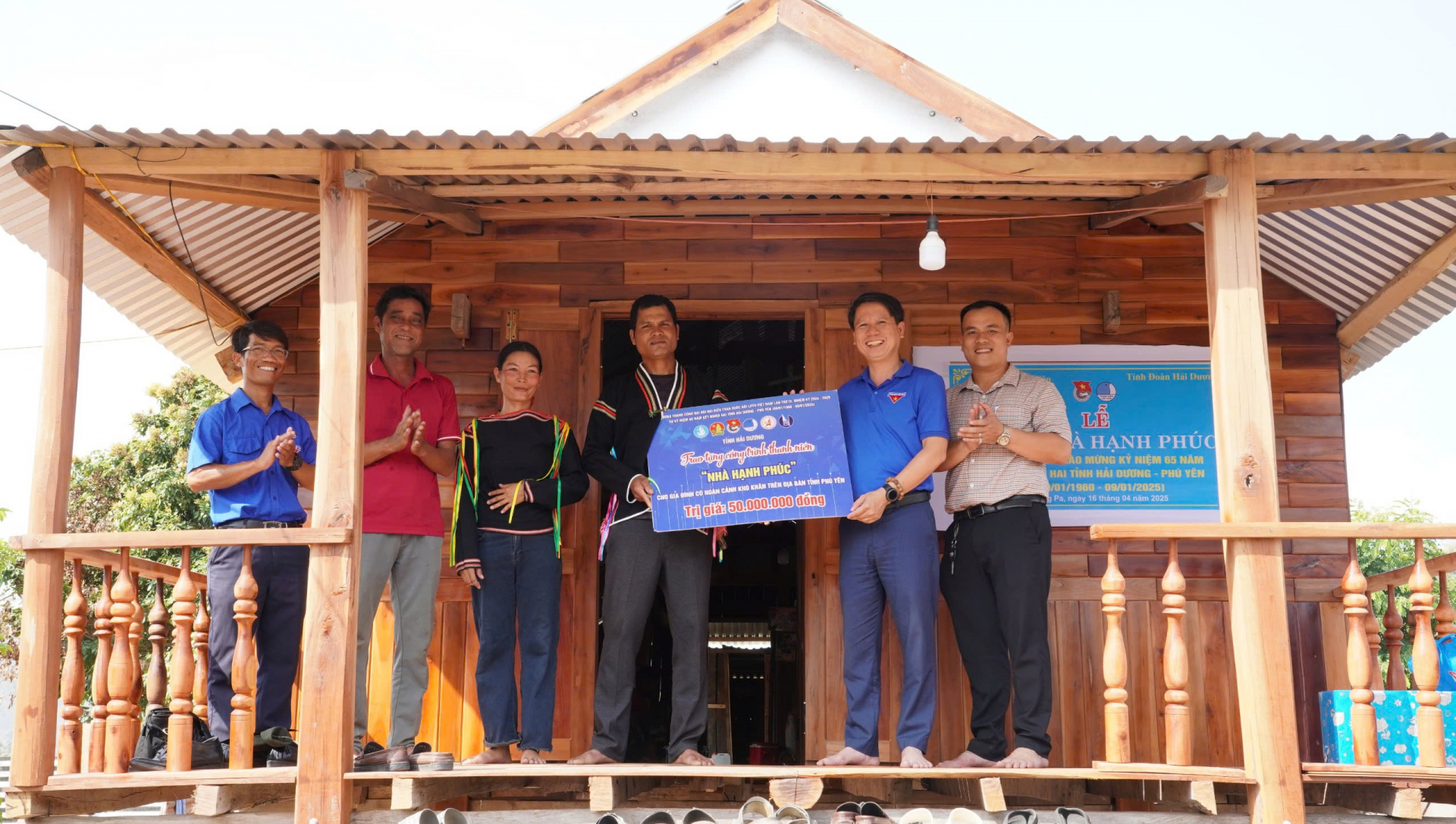Based on expert opinions and research results, The Healthy magazine suggests changes in sleep habits that can bring positive results to your health.
Take the initiative to catch up on sleep with a tight schedule
If you know you won't be able to get a full 7 to 8 hours of sleep in the next few days because of work stress, for example, you can prevent some of the negative effects by "building up" on sleep beforehand.
In a 2015 study published in the journal Sleep , people who engaged in “cumulative” sleep scored higher on cognitive tests than those who went through a week of sleep deprivation without catching up.

Take a short nap in the mid-afternoon to feel more alert.
Photo: AI
Take a nap in the mid-afternoon
According to a 2012 study published in the journal Academic Medicine , when first-year medical residents were given a mid-afternoon nap for 20 minutes, the group that took the time to sleep was more alert and scored higher on mental tasks than the group that rested but remained awake.
So, for an energy boost, plan your nap between 1 and 2 p.m. However, don't nap for more than 30 minutes, as this can disrupt your nighttime sleep or cause "sleep inertia," which can leave you feeling groggy.
This nap also helps you remember new information better, which is beneficial if you have an important event scheduled that afternoon.
The best sleeping position is the most comfortable position, except lying on your stomach.
According to The Healthy , although only about 8% of people sleep on their backs, this is the healthiest option because it allows your head, neck, and spine to rest in a neutral position. It's also ideal for preventing heartburn.
Additionally, a 2017 study published in the journal Nature and Science of Sleep found that the side-sleeping position is the most preferred position by many people and also helps reduce acid reflux, prevent back pain, neck pain. Additionally, you are less likely to snore in this position because it keeps your airways open.

Sleeping on your side is one of the best sleeping positions for your health.
Photo: AI
"The best sleeping position is the one that is most comfortable for you, and your body will naturally move several times during the night whether you realize it or not," said Dr. Michael Grandner, director of the Sleep and Health Research Program at the University of Arizona (USA).
However, stomach sleeping is often uncomfortable for most people and can cause difficulty breathing at night, waking you up, warns expert Michael Grandner.
Turn off electronic devices at least 30 minutes before bed
Using any type of technology within an hour of bedtime can disrupt your body's biological clock, inhibiting the release of the sleep-inducing hormone melatonin and making it harder to fall asleep.
Research published in 2015 in the journal Chronobiology International found that frequent exposure to artificial light at night increases the risk of breast cancer and has negative effects on cardiovascular health.
Dr. Michael Grandner says there are three ways technology interferes with healthy sleep. First, light stimulates daytime signals in the brain, making it harder to fall asleep. Second, endless scrolling is both mentally and physically stimulating. Third, it’s so distracting that time passes without providing any real relaxation benefits.
For these reasons, experts recommend turning off your TV, tablet, smartphone, laptop or other electronic devices at least 30 minutes before going to bed.
Source: https://thanhnien.vn/4-thay-doi-trong-cach-ngu-giup-cai-thien-suc-khoe-lau-dai-1852504111446164.htm




![[Photo] Prime Minister Pham Minh Chinh receives Mr. Jefferey Perlman, CEO of Warburg Pincus Group (USA)](https://vstatic.vietnam.vn/vietnam/resource/IMAGE/2025/4/18/c37781eeb50342f09d8fe6841db2426c)

![[UPDATE] April 30th parade rehearsal on Le Duan street in front of Independence Palace](https://vstatic.vietnam.vn/vietnam/resource/IMAGE/2025/4/18/8f2604c6bc5648d4b918bd6867d08396)

















































































Comment (0)